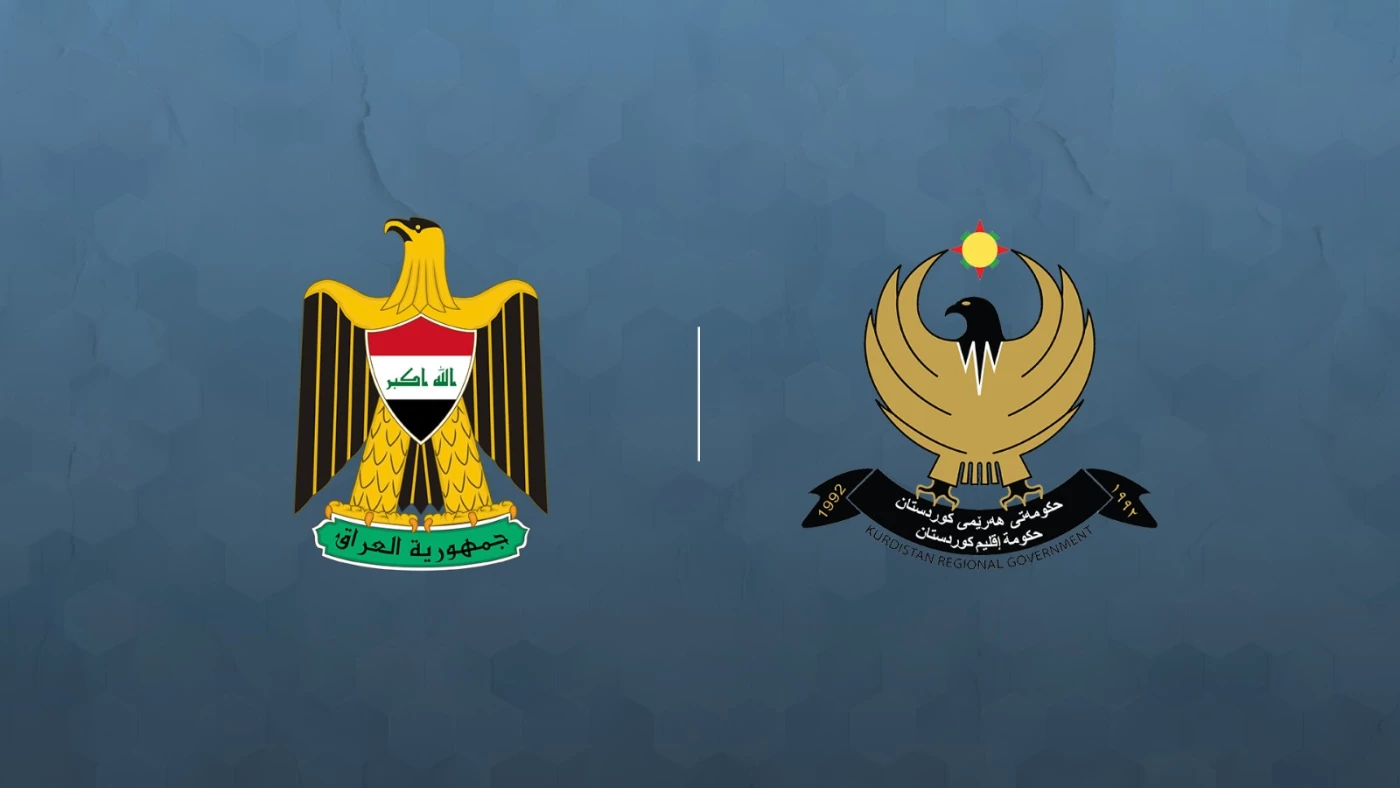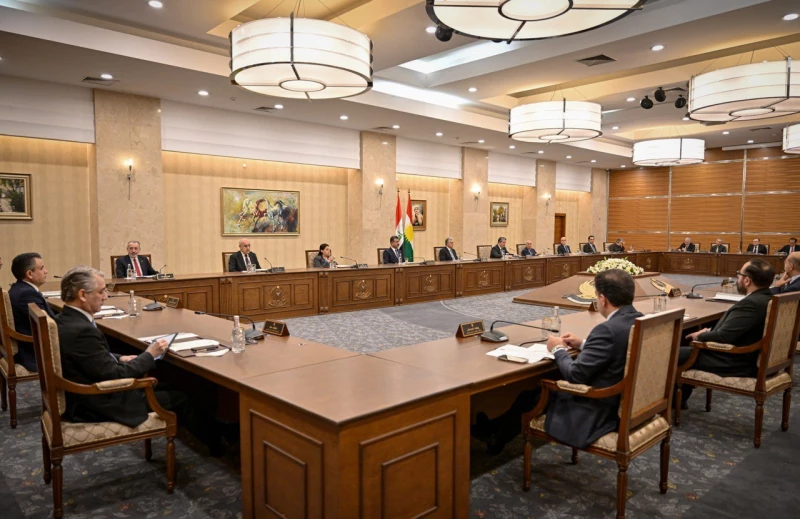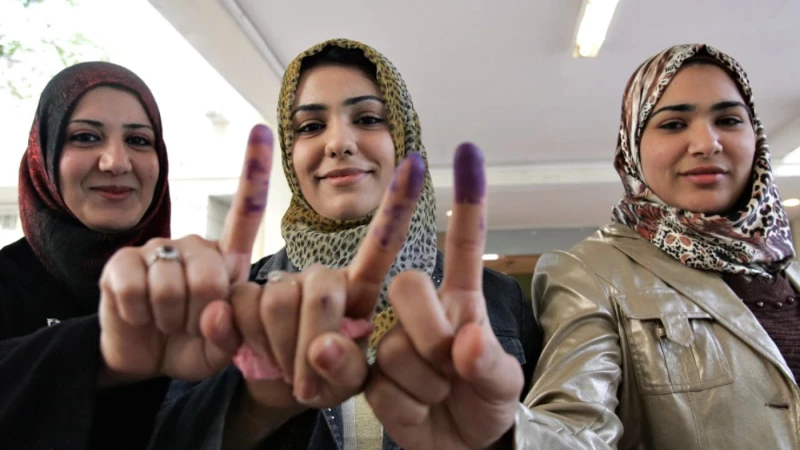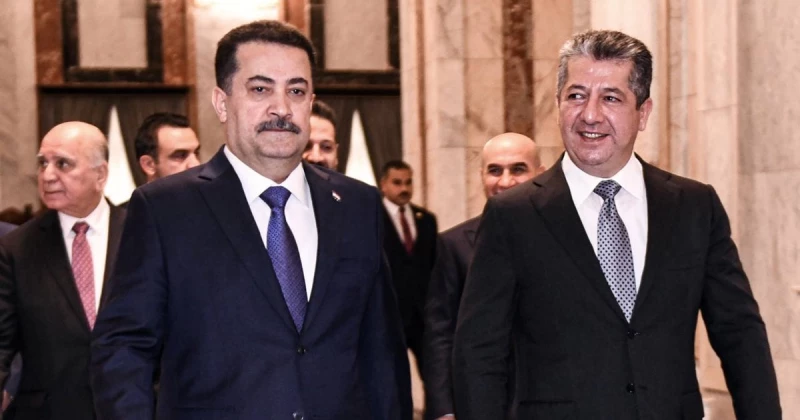ERBIL, Kurdistan Region of Iraq - The spokesperson of the Kurdistan Regional Government (KRG) said Wednesday that funding the salaries of Kurdistan Region employees by the federal government is contingent upon an agreement between international oil companies and Baghdad for the resumption of Erbil’s exports.
Erbil and Baghdad engaged in a fresh round of talks in both capital cities to resolve the longstanding financial issues and make a final push towards the resumption of the Kurdistan Region’s oil exports, a move seen as the only step towards ending the crisis.
“The matter of the resumption of oil exports is now set as a condition to fund the salaries [of the Kurdistan Region’s civil servants],” Peshawa Hawramani told The New Region on Wednesday following a KRG Council of Ministers meeting.
Hawramani detailed: "The Iraqi government’s delegation has told the Kurdistan Region’s delegation that they have reached an agreement with the oil companies for the resumption of oil exports. The oil companies, for their part, have told our delegation that they are almost there.
"So, they [Baghdad and the international oil companies] have sent their draft agreement to the prime minister to sign it. We are waiting for the agreement to be signed. They have told us that once the agreement has been signed, they will fund our salaries,” Hawramani explained.
In addition to the resumption of oil exports and their sale through Iraq’s state-owned SOMO company, Erbil has also agreed to hand over 50 percent of the federal revenues to Baghdad.
“The ball is now in Baghdad’s court,” Hawramani said. “The fate of one million employees awaits a signature,” from Iraq’s Prime Minister Mohammed Shia’ al-Sudani.
Exports of the Kurdistan Region’s oil through the Turkish Ceyhan pipeline were halted in March 2023 after Ankara lost a case against Baghdad in a Paris-based arbitration court. The case accused Ankara of breaching a 1973 agreement by allowing the KRG to start selling oil independently of Baghdad.
In a letter addressed to the KRG in late May, Iraqi Finance Minister Taif Sami said that they are “unable to continue funding the Region,” arguing that the Region has already exceeded 12.67 percent of the annual budget it is entitled to, totaling 13.5 trillion dinars. The issue has persisted despite numerous meetings since then to come to a solution between the two sides, the latest of which was a Kurdish delegation that returned to Erbil on Monday after striking a deal with Iraqi authorities to resolve financial issues between the two sides.
Hawramani said there were third parties involved in this week’s meetings between Erbil and Baghdad, notably the US.
“The US government wants the Kurdistan Region’s oil exports to resume,” the KRG spokesperson explained.
The distribution of the Kurdistan Region’s share of the federal budget has long been a point of contention between Erbil and Baghdad.
Years of conflict and unresolved issues between Erbil and Baghdad, and economic sanctions and pressure on Erbil by federal authorities, have pushed employees in the Region to live from paycheck to paycheck.
The recent suspension of salaries has sparked outrage among the Kurdistan Region’s public as well as the officials and politicians of the Region, who have decried the decision as “political.” The halt in salaries has led to a lawsuit filed against the finance ministry by the Region’s civil servants at the Federal Supreme Court in early June.


 Facebook
Facebook
 LinkedIn
LinkedIn
 Telegram
Telegram
 X
X



